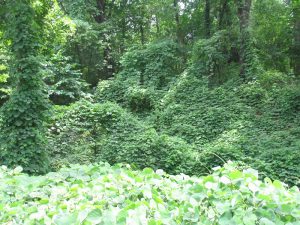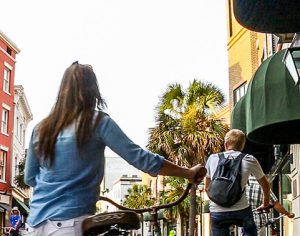Charleston Livability
A Premiere Real Estate Guide
The smarter way
to discover
your home
in Charleston
Explore communities by focusing on what makes a neighborhood special to you.
Sandlapper's Journal

The Bridges of Charleston County
Charleston’s bridges: connecting the city and its islands with history and architecture. Discover the stories behind the Ravenel Bridge, the Legare Bridge, the Ben Sawyer Bridge, and more. Enjoy the views they offer of the city, the harbor, and the creeks and waterways.

The Charleston Single House
The Charleston Single House, unique to Charleston, SC, features a narrow, side-facing layout influenced by Caribbean architecture. Key design elements include side piazzas and central hallways. This style maximizes lot use, improves ventilation, and offers fire protection, reflecting historical and cultural adaptation.

Homes on The Battery
The Battery, a seawall and promenade, defines Charleston’s southern boundary. It has a long history of construction, destruction, and expansion since the 1720s. The Battery consists of two sections: the High Battery and the Low Battery, each with different heights and eras. It is home to many historic and grand homes, as well as the public park White Point Garden.

Charleston Music Festivals
Charleston’s musical heartbeat isn’t confined to clubs. A dynamic festival scene explodes throughout the year, offering experiences as diverse as the city itself. From jazz-drenched Piccolo Spoleto to the boat-rocking High Water Fest, each festival pulses with unique rhythms, ensuring music lovers find their perfect Charleston soundtrack.

Stamps and Coins of South Carolina
The postage stamps, ranging from the Charleston Sesquicentennial in 1930 to the Poinsettia Day stamp in 2013, vividly depict significant events, landmarks, and cultural elements that define South Carolina.

The Lowcountry Lowline
A transformative project through the center of the peninsula of Downtown Charleston is in the works – a linear park reconnecting neighborhoods, existing infrastructure, and the natural beauty of Charleston.

A Check on Tidal Street Flooding
Charleston combats tidal flooding by installing check valves in stormwater drains, effectively reducing street flooding during high tides. Early results are promising, and the city plans broader implementation.

After Hugo: A Stronger Charleston
Charleston became stronger after Hurricane Hugo in 1989 by improving its building codes, ecosystems, infrastructure, emergency preparedness, and economic diversity. Measures were taken to reduce the vulnerability and enhance the resilience of the Lowcountry to future storms.

Invasive Plants in the Lowcountry
Non-native invasive plants have taken up residence across our landscape and have proven to be very difficult to control in many cases.

Liberty Center
A proposed a plan to revamp the street level at 151 Meeting Street by activating its covered walkway flanked by stone pillars, which is already continuous with the city sidewalk beyond it.

A Walkable Goose Creek
The central village would be a vibrant urban core of shops, restaurants, residences, and offices with plenty of green space, all to enhance the livability of Goose Creek.

Astronaut Ron McNair
From the Ronald E. McNair Science and Technology Center in Charleston to the Ronald E. McNair Aerospace Charter School in North Charleston, his impact on educational programs is profound. McNair’s story is a testament to overcoming adversity and inspiring the next generation to reach for the stars in pursuit of knowledge and discovery.






